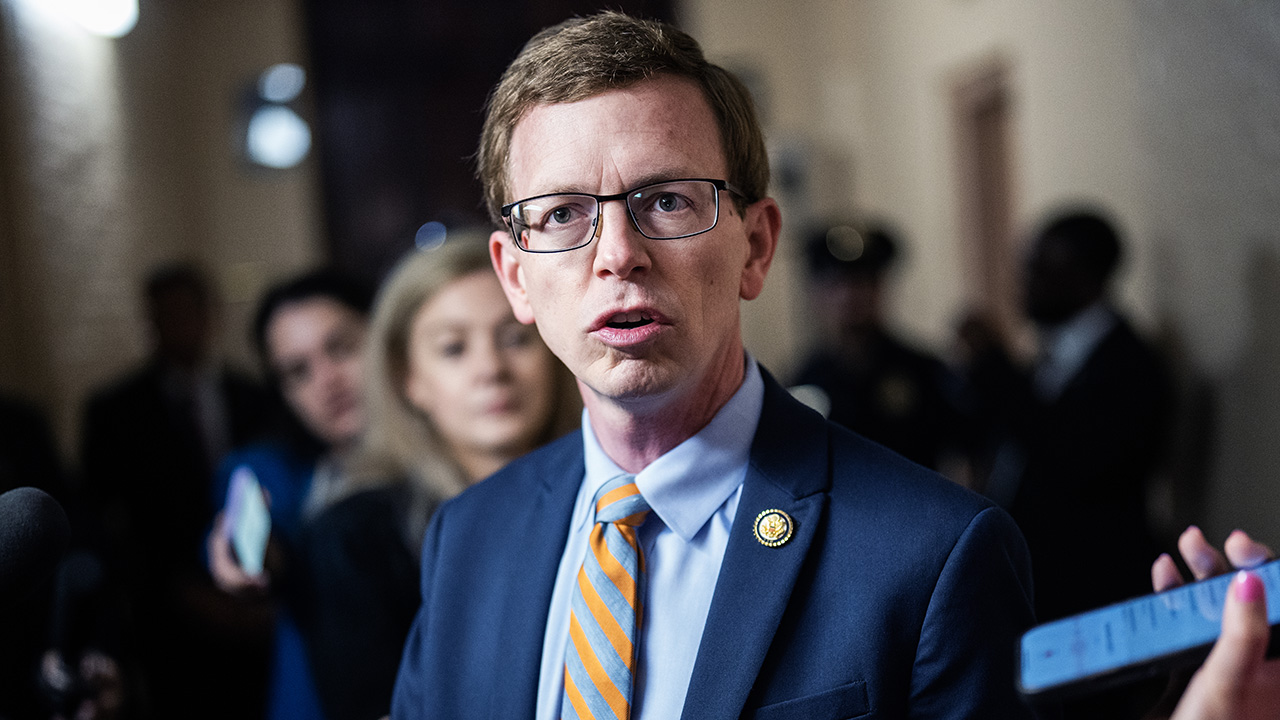Congressional lawmakers on Wednesday questioned the balance between speed and safety when discussing artificial intelligence (AI) regulations and the need for the U.S. to dominate China in the race to develop the emerging technology.
Bipartisan lawmakers of the House Select Committee on the Chinese Communist Party were adamant that the U.S. must lead the AI revolution, and not an authoritarian power like China, during the hearing on Capitol Hill.
“China is making an all-out push to dominate AGI, which will inevitably seek to surveil and suppress us at every turn,” Ranking Member Raja Krishnamoorth, D-Ill., said. “We cannot let this happen. The nightmare scenario should be a wake-up call for Congress.”
“I would agree that AI is the new Cold War between the U.S. and China … It’s, in fact, the Manhattan Project of our generation,” Rep. Zach Nunn, R-Iowa, said.
HOUSE BIPARTISAN BILL DIRECTS NSA TO CREATE ‘AI SECURITY PLAYBOOK’ AMID CHINESE TECH RACE
Witnesses stressed the need for the U.S. to lead in AI development, saying that a federal regulatory framework must be grounded in trust, or else the U.S. will run the risk of curbing development with regulatory overreaction.
“We don’t have nuclear energy at the ready now, in large part because of that regulatory overcorrection,” said Mark Beall, president of government affairs at The AI Policy Network. “I think smart guardrails today at the federal level could help prevent a regulatory overreaction in the future in ways that harm our [industry].”
Jack Clark, co-founder and head of policy at AI safety and research company Anthropic, said, “We need a federal framework that can give us a sense of a coherent legislative path forward.”
Without one, Clark said he was concerned about “creating a vacuum” that could lead to a regulation overreaction.
“As my other witness said, should there be an accident or a misuse, in that vacuum will flood in really, really extreme overregulation,” he said.
Rep. Dusty Johnson, R-S.D., pointed to the apparent conflict between speed and safety in the AI race.
“It seems to me that safety and speed are conflicting values,” Johnson said. “When you prioritize one, you get tradeoffs in the other. You noted that we have to get to safety, right? And I just I’m curious how essential is the risk that by doing that, we inhibit our ability to win this race?”
TRUMP’S TOP TECH EXPERT WARNS US CAN’T GET COMPLACENT IN AI COMPETITION WITH CHINA
Dr. Thomas Mahnken, president and CEO of the Center for Strategic and Budgetary Assessments, replied that the U.S. must rely on its deep democratic values and high-trust society to innovate, though remained concerned that safety fears may hold the U.S. back.
“If I have a greater worry, it’s we’re just not going to go fast enough because we’re going to tie ourselves in knots worrying about all the things that happen,” Mahnken said.
Mahnken said he was also concerned about overregulation.
“The other concern I have is overregulation, taking counsel of our fears and really stymieing the dynamism that exists in American enterprise,” he said.
China, however, likely has no such fears over safety in the global race for AI dominance.
GET FOX BUSINESS ON THE GO BY CLICKING HERE
“My suspicion is there’s no parallel conversation going on in the PRC about all the risks,” Mahnken said.



